Developing an agile future-fit workforce strategy
Building a workforce responsive to change is perhaps the greatest strategic priority for channel firms. Here, we shed light on how channel leaders are meeting this challenge and where they are focusing their people development efforts.
CONOR CALLANAN,
CEO, CORE
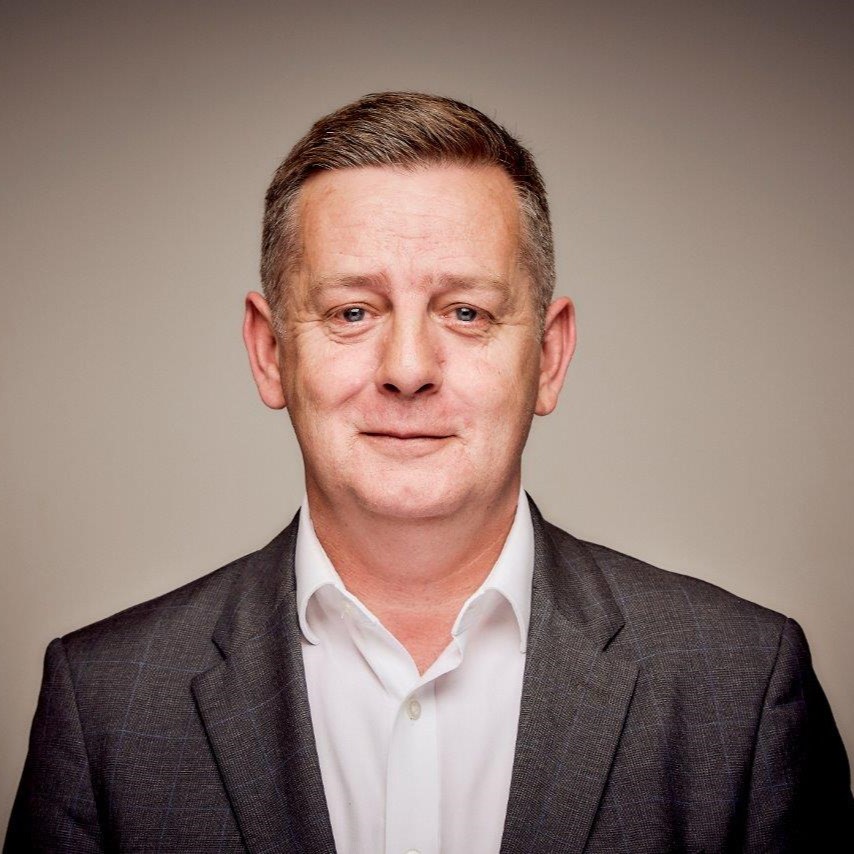 A future-ready MSP workforce embraces adaptability and change, leveraging technology to enhance efficiency, productivity and scalability. AI and automation are essential tools, not just for technical innovation but for enabling smarter working and better service delivery. Market challenges, shifting customer demands and economic pressures mean that workforce development must be intentional. Rather than defaulting to recruitment, many organisations, like ours, are upskilling existing teams to respond to change with agility and expertise. Companies that prioritise teamwork, continuous learning and customer-first thinking will be best positioned to navigate industry shifts. Investment in people doesn’t always mean expansion - it’s about empowering employees to innovate, adapt and drive business outcomes. Long-term success depends on a workforce that is technically capable, resilient, customer-centric and aligned with evolving market needs.
A future-ready MSP workforce embraces adaptability and change, leveraging technology to enhance efficiency, productivity and scalability. AI and automation are essential tools, not just for technical innovation but for enabling smarter working and better service delivery. Market challenges, shifting customer demands and economic pressures mean that workforce development must be intentional. Rather than defaulting to recruitment, many organisations, like ours, are upskilling existing teams to respond to change with agility and expertise. Companies that prioritise teamwork, continuous learning and customer-first thinking will be best positioned to navigate industry shifts. Investment in people doesn’t always mean expansion - it’s about empowering employees to innovate, adapt and drive business outcomes. Long-term success depends on a workforce that is technically capable, resilient, customer-centric and aligned with evolving market needs.
JAMES PHIPPS,
EXECUTIVE CHAIRMAN, WESTSPRING IT
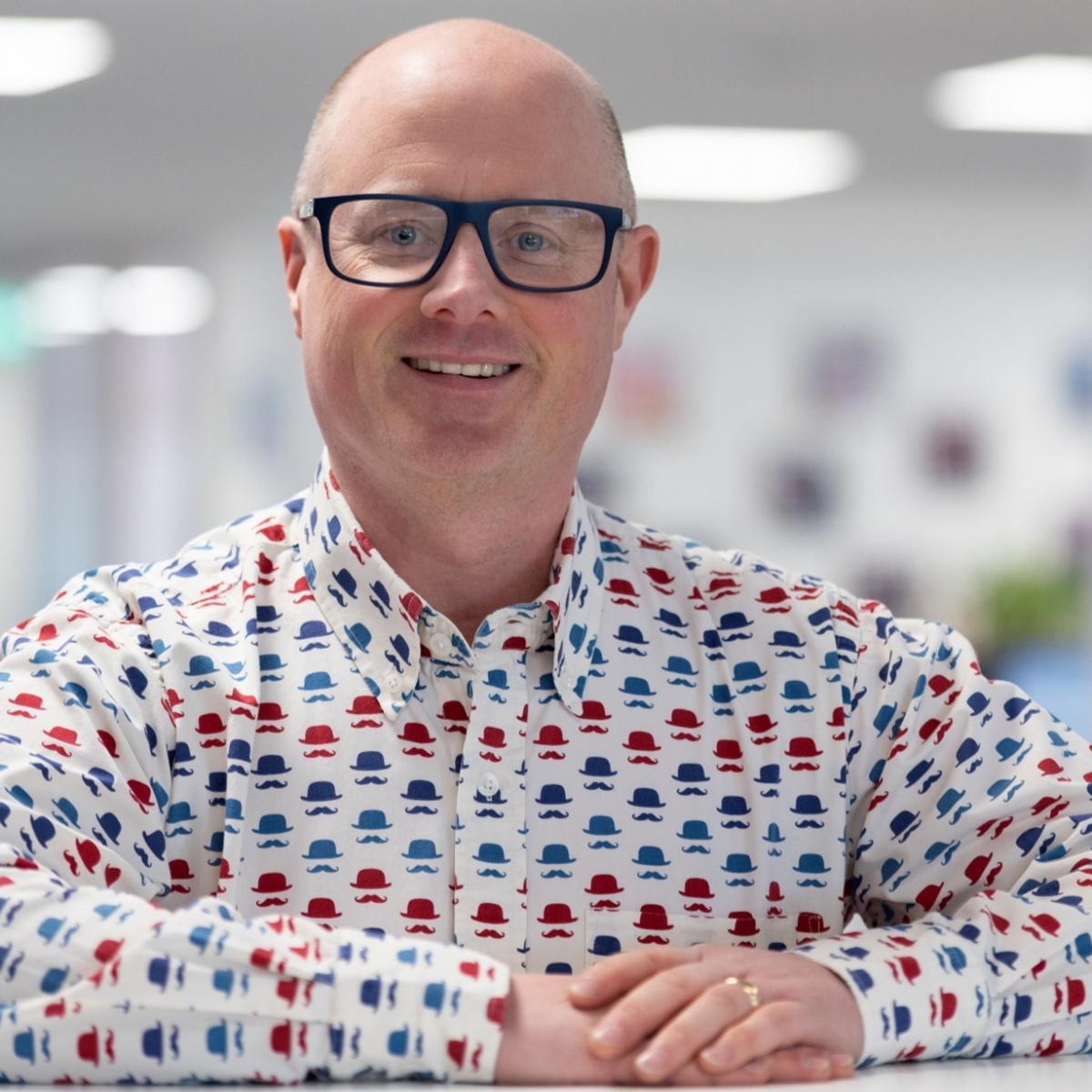 It’s all about being strategic, flexible and abreast of the latest technological advancements. With the rise of AI in the workplace, businesses are looking at MSPs to implement complex technologies in ways that improve efficiency and productivity. Customers are looking to us to be more efficient, especially after the recent budget announcements. It's about having highly trained but also commercially aware people who understand the customer’s business needs rather than just solving their technical issues. We are driving a high engagement culture to react quickly to our changing customer landscape, ensuring we invest significantly in training and career development. We find technical people who can deliver a great client experience with a methodical hiring process that focuses equally on expertise and personality.
It’s all about being strategic, flexible and abreast of the latest technological advancements. With the rise of AI in the workplace, businesses are looking at MSPs to implement complex technologies in ways that improve efficiency and productivity. Customers are looking to us to be more efficient, especially after the recent budget announcements. It's about having highly trained but also commercially aware people who understand the customer’s business needs rather than just solving their technical issues. We are driving a high engagement culture to react quickly to our changing customer landscape, ensuring we invest significantly in training and career development. We find technical people who can deliver a great client experience with a methodical hiring process that focuses equally on expertise and personality.
NEDJA SANTOS
HEAD OF PEOPLE AND CULTURE, AUXILION
 Organisations mustn’t lose sight of the fundamentals of talent development and employee engagement despite the lightning speed of change and the disruption caused by emerging technology. It’s about creating a strong culture of opportunity, providing access to learning and development and encouraging innovation and internal mobility, especially when engaging with IT or technical employees. They’re passionate about technology and are paying attention to the investments, partnerships and IT roadmap decision making their company is funding. It’s about demonstrating a commitment to taking risks and making changes, accepting setbacks and giving space for trial and error. There’s no crystal ball that’ll give people certainty on the future, so the organisations that fund education and professional development, and commit to succession planning and talent calibration, will thrive.
Organisations mustn’t lose sight of the fundamentals of talent development and employee engagement despite the lightning speed of change and the disruption caused by emerging technology. It’s about creating a strong culture of opportunity, providing access to learning and development and encouraging innovation and internal mobility, especially when engaging with IT or technical employees. They’re passionate about technology and are paying attention to the investments, partnerships and IT roadmap decision making their company is funding. It’s about demonstrating a commitment to taking risks and making changes, accepting setbacks and giving space for trial and error. There’s no crystal ball that’ll give people certainty on the future, so the organisations that fund education and professional development, and commit to succession planning and talent calibration, will thrive.
JAY BALL,
CEO, FLOTEK GROUP
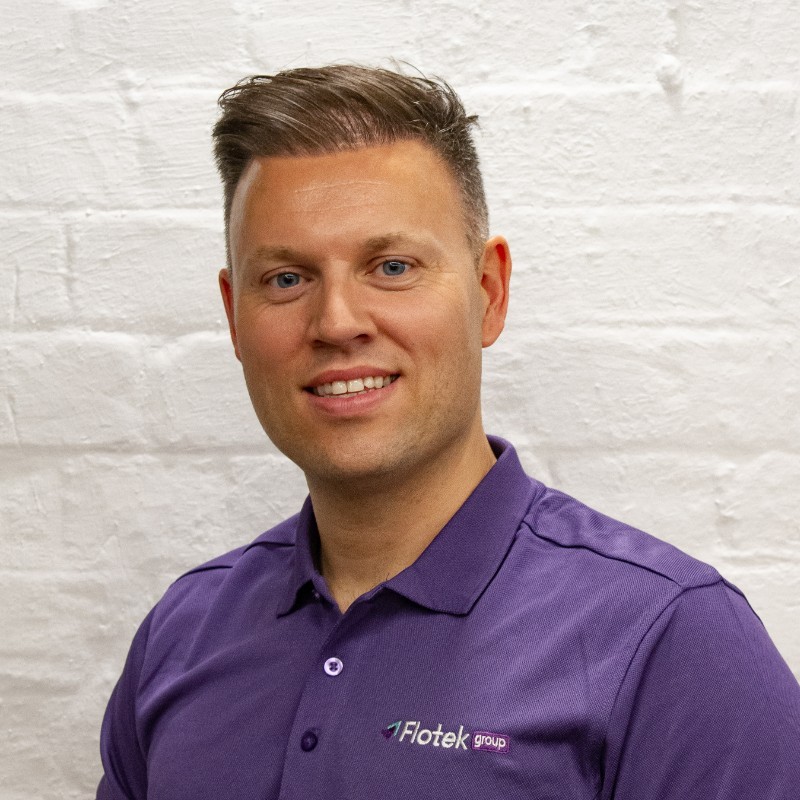 Future-ready MSP workforces need to be flexible, prioritise customer needs, embrace innovation, leverage data, excel in cybersecurity, collaborate well, scale effectively, stay agile, have strong leadership and focus on competitive advantage and impactful results. Our people development strategies are driven by the high demand for cybersecurity expertise, proficiency in Microsoft technologies and automation skills. We're focusing our investment and development efforts on RPA and AI training and collaborating with external partners to deliver technologies where we lack expertise. This helps overcome the challenge of customers expecting more services without realising the necessary investment.
Future-ready MSP workforces need to be flexible, prioritise customer needs, embrace innovation, leverage data, excel in cybersecurity, collaborate well, scale effectively, stay agile, have strong leadership and focus on competitive advantage and impactful results. Our people development strategies are driven by the high demand for cybersecurity expertise, proficiency in Microsoft technologies and automation skills. We're focusing our investment and development efforts on RPA and AI training and collaborating with external partners to deliver technologies where we lack expertise. This helps overcome the challenge of customers expecting more services without realising the necessary investment.
RICHARD SCOTT,
SALES DIRECTOR, START COMMUNICATIONS
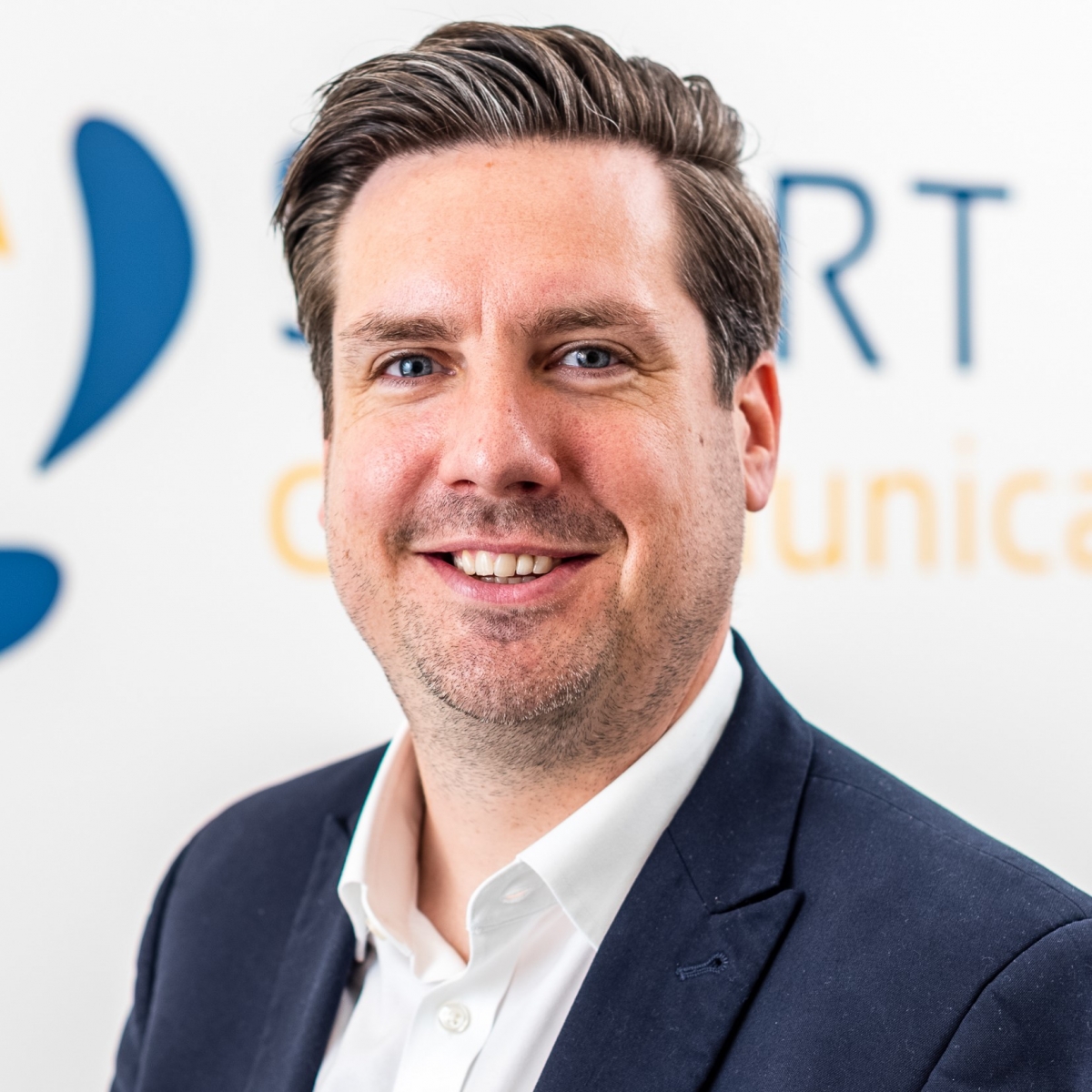 Staff who are ready to embrace change, whether that is with new products, new processes or new systems, are critical to success. By upskilling staff and enabling collaboration across teams and departments, people power can be maximised for a competitive advantage. The biggest challenge is linking disparate ordering systems across suppliers to save time. We are investing in applications and AI technology to handle the manual, routine processes that are done several times per day. This will speed up how we operate, freeing up staff to concentrate on higher value work. Our staff are our most valuable asset and we want to ensure they are used in the most efficient way possible.
Staff who are ready to embrace change, whether that is with new products, new processes or new systems, are critical to success. By upskilling staff and enabling collaboration across teams and departments, people power can be maximised for a competitive advantage. The biggest challenge is linking disparate ordering systems across suppliers to save time. We are investing in applications and AI technology to handle the manual, routine processes that are done several times per day. This will speed up how we operate, freeing up staff to concentrate on higher value work. Our staff are our most valuable asset and we want to ensure they are used in the most efficient way possible.
KATIE WILLIAMS,
CHIEF PEOPLE OFFICER, FOCUS GROUP
 The ability to pivot quickly in response to emerging technologies and client needs is paramount. Customer demand for advanced digital solutions and seamless service delivery is driving our people development strategies. We're investing heavily in upskilling our teams in data analytics, cybersecurity and AI integration, notably with tools like Microsoft Copilot to enhance productivity and innovation across the business. Our biggest focus is on attracting and retaining top talent in a competitive landscape. We’re prioritising career development, flexible working and creating a supportive, inclusive environment. We’ve hired more HR business partners allowing us to focus on career frameworks, define banding levels and provide clearer paths for promotions. We’ve also launched internal training programmes such as our Sales Academy and Management 101, which equip our people with the skills needed to grow and succeed within the company.
The ability to pivot quickly in response to emerging technologies and client needs is paramount. Customer demand for advanced digital solutions and seamless service delivery is driving our people development strategies. We're investing heavily in upskilling our teams in data analytics, cybersecurity and AI integration, notably with tools like Microsoft Copilot to enhance productivity and innovation across the business. Our biggest focus is on attracting and retaining top talent in a competitive landscape. We’re prioritising career development, flexible working and creating a supportive, inclusive environment. We’ve hired more HR business partners allowing us to focus on career frameworks, define banding levels and provide clearer paths for promotions. We’ve also launched internal training programmes such as our Sales Academy and Management 101, which equip our people with the skills needed to grow and succeed within the company.
PAUL GUEST,
GROUP OPERATIONS DIRECTOR, ORBITAL10
 In a rapidly evolving digital landscape, businesses that prioritise skills in AI, automation, cybersecurity and data analytics will gain a competitive edge. Market demand for seamless digital transformation and outcome-based solutions is driving people development strategies. Customers expect proactive, intelligent services that deliver tangible business value, pushing businesses to upskill teams in consultative engagement, solution design and next-gen tech deployment. Forward-thinking organisations will equip teams with the skills to navigate evolving technologies and remain at the cutting edge. Talent acquisition and retention remain pressing concerns. Developing leadership capabilities, enhancing career progression pathways and embedding a proactive, change-ready mindset is key.
In a rapidly evolving digital landscape, businesses that prioritise skills in AI, automation, cybersecurity and data analytics will gain a competitive edge. Market demand for seamless digital transformation and outcome-based solutions is driving people development strategies. Customers expect proactive, intelligent services that deliver tangible business value, pushing businesses to upskill teams in consultative engagement, solution design and next-gen tech deployment. Forward-thinking organisations will equip teams with the skills to navigate evolving technologies and remain at the cutting edge. Talent acquisition and retention remain pressing concerns. Developing leadership capabilities, enhancing career progression pathways and embedding a proactive, change-ready mindset is key.
ANDY BEVAN,
HEAD OF CLOUD SPECIALISTS, WAVENET
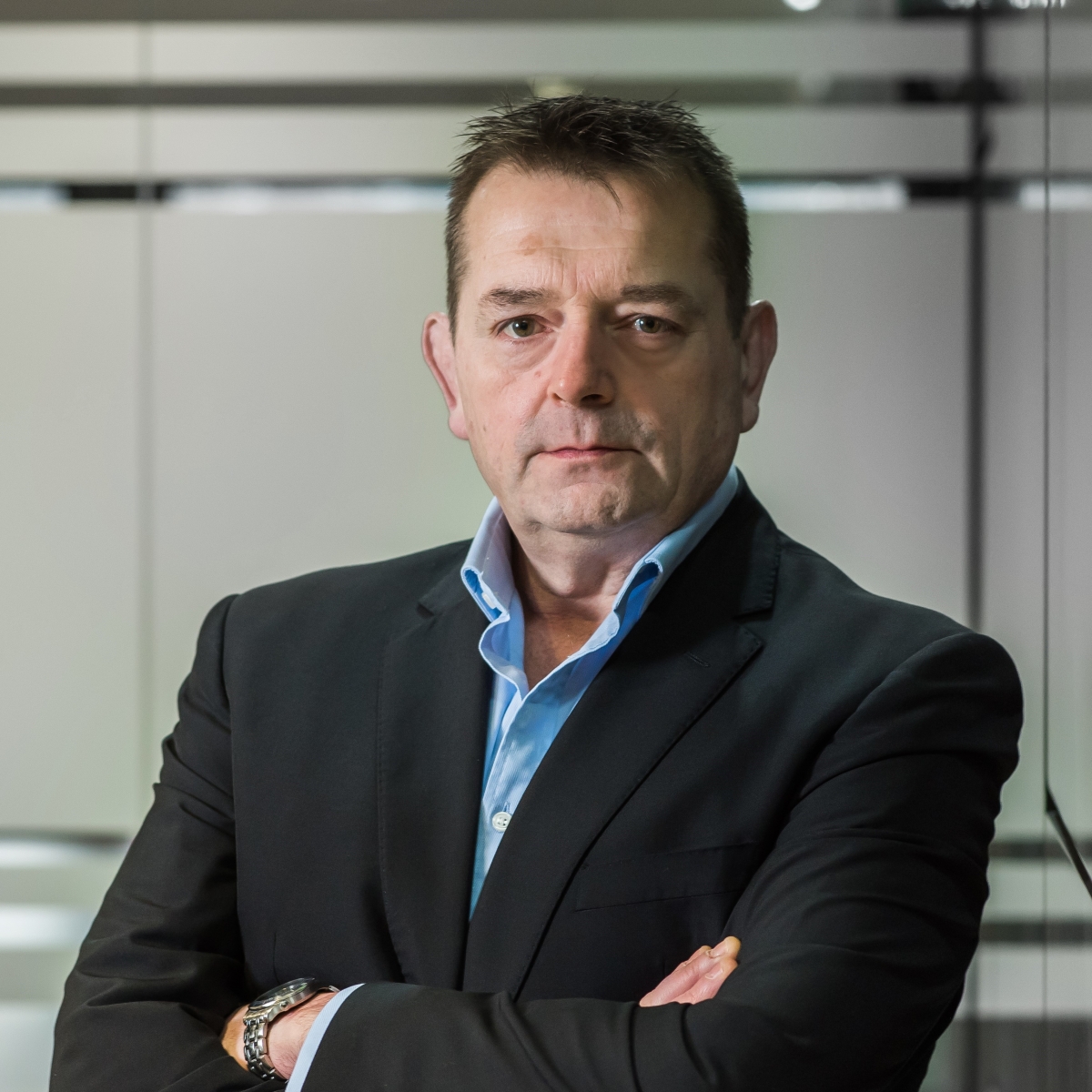 To thrive in a highly competitive market MSPs must maximise the value they derive from their people. Taking the lead from the needs and aspirations of their chosen markets, MSPs are investing in developing their staff in cyber, AI and cloud infrastructure skills. By staying ahead of the technological curve through upskilling programmes, targeted certifications with key vendors, and encouraging self-development, MSPs cultivate a highly capable workforce. Structured career path progression, leadership programmes and providing the freedom to innovate ensures a satisfied, loyal workforce, building expertise and minimising staff churn. This approach promotes a sense of ownership and motivation, driving employees to contribute more effectively to the company's goals.
To thrive in a highly competitive market MSPs must maximise the value they derive from their people. Taking the lead from the needs and aspirations of their chosen markets, MSPs are investing in developing their staff in cyber, AI and cloud infrastructure skills. By staying ahead of the technological curve through upskilling programmes, targeted certifications with key vendors, and encouraging self-development, MSPs cultivate a highly capable workforce. Structured career path progression, leadership programmes and providing the freedom to innovate ensures a satisfied, loyal workforce, building expertise and minimising staff churn. This approach promotes a sense of ownership and motivation, driving employees to contribute more effectively to the company's goals.
MARK PILLOW
MANAGING DIRECTOR, VOIP UNLIMITED
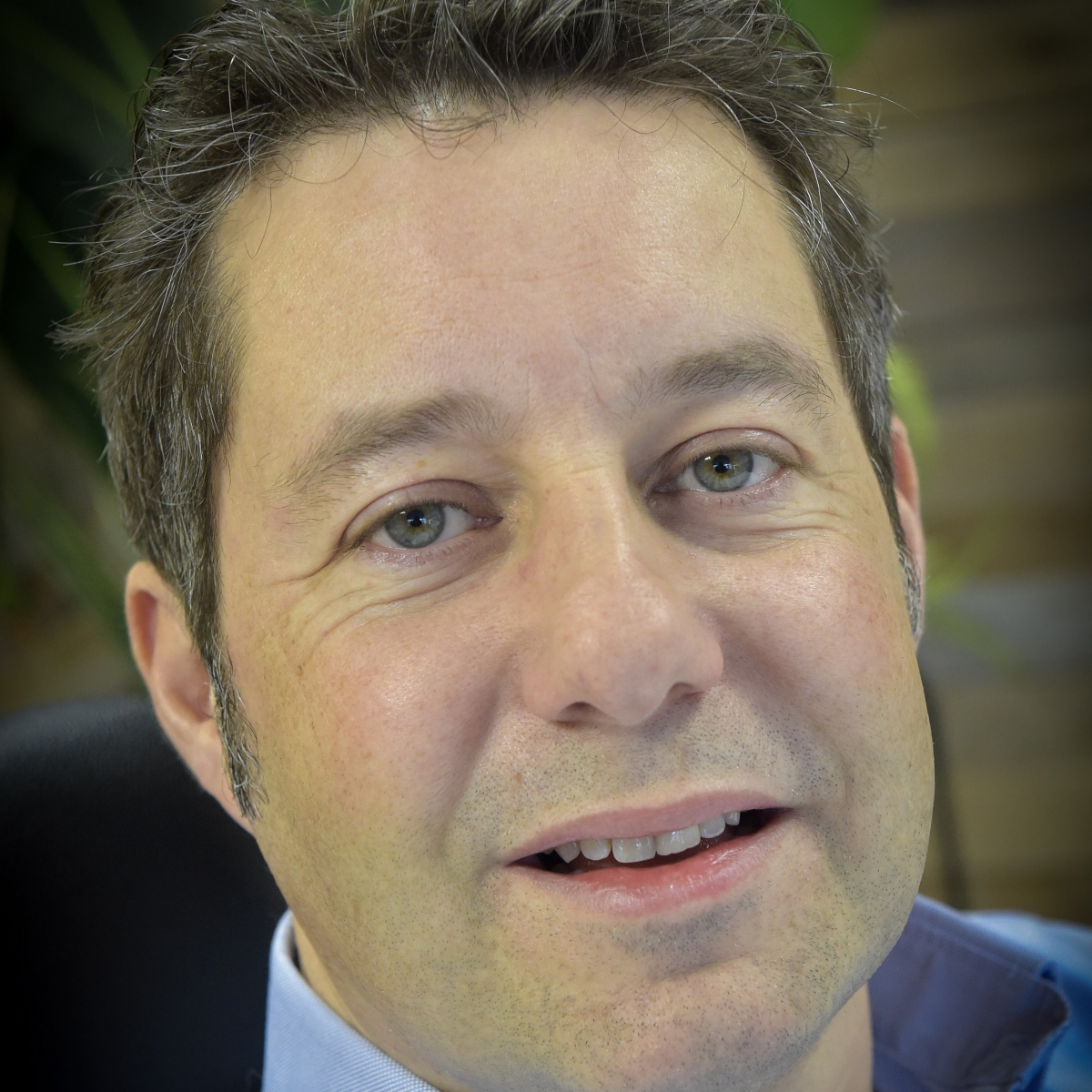 Curiosity is an important trait of a future-ready channel workforce – constantly questioning how we do things, whether there’s a better way and what customers truly need. Translating complex product capabilities into real-world solutions is critical, ensuring resellers and end users can extract real value. AI is a prime example as there is still a gap in understanding how to apply it effectively. Investing in upskilling and technical expertise helps businesses bridge that gap, ensuring teams can adapt quickly and deliver solutions that matter. Another key focus is making information accessible so the right people have the right insights at the right time. Competitive advantage is about enabling teams to apply knowledge to solve complex customer challenges.
Curiosity is an important trait of a future-ready channel workforce – constantly questioning how we do things, whether there’s a better way and what customers truly need. Translating complex product capabilities into real-world solutions is critical, ensuring resellers and end users can extract real value. AI is a prime example as there is still a gap in understanding how to apply it effectively. Investing in upskilling and technical expertise helps businesses bridge that gap, ensuring teams can adapt quickly and deliver solutions that matter. Another key focus is making information accessible so the right people have the right insights at the right time. Competitive advantage is about enabling teams to apply knowledge to solve complex customer challenges.
